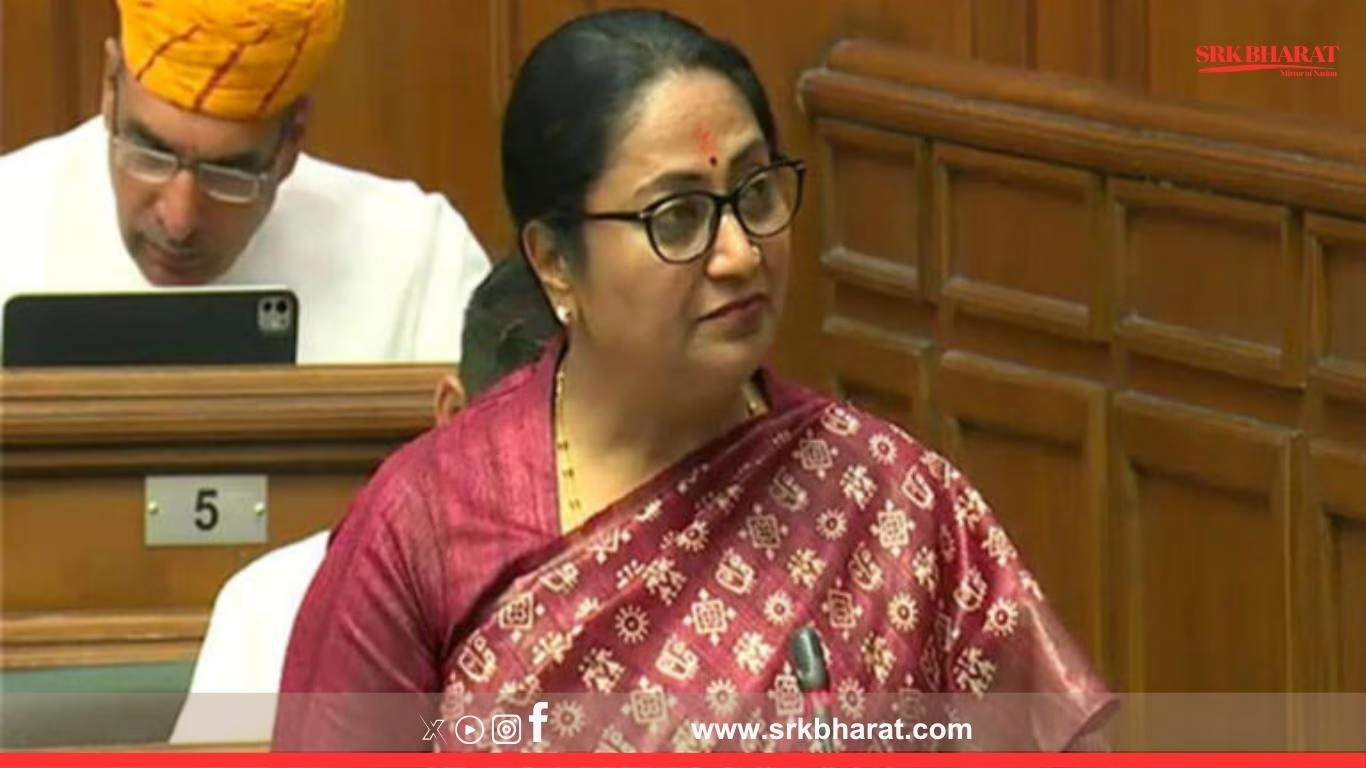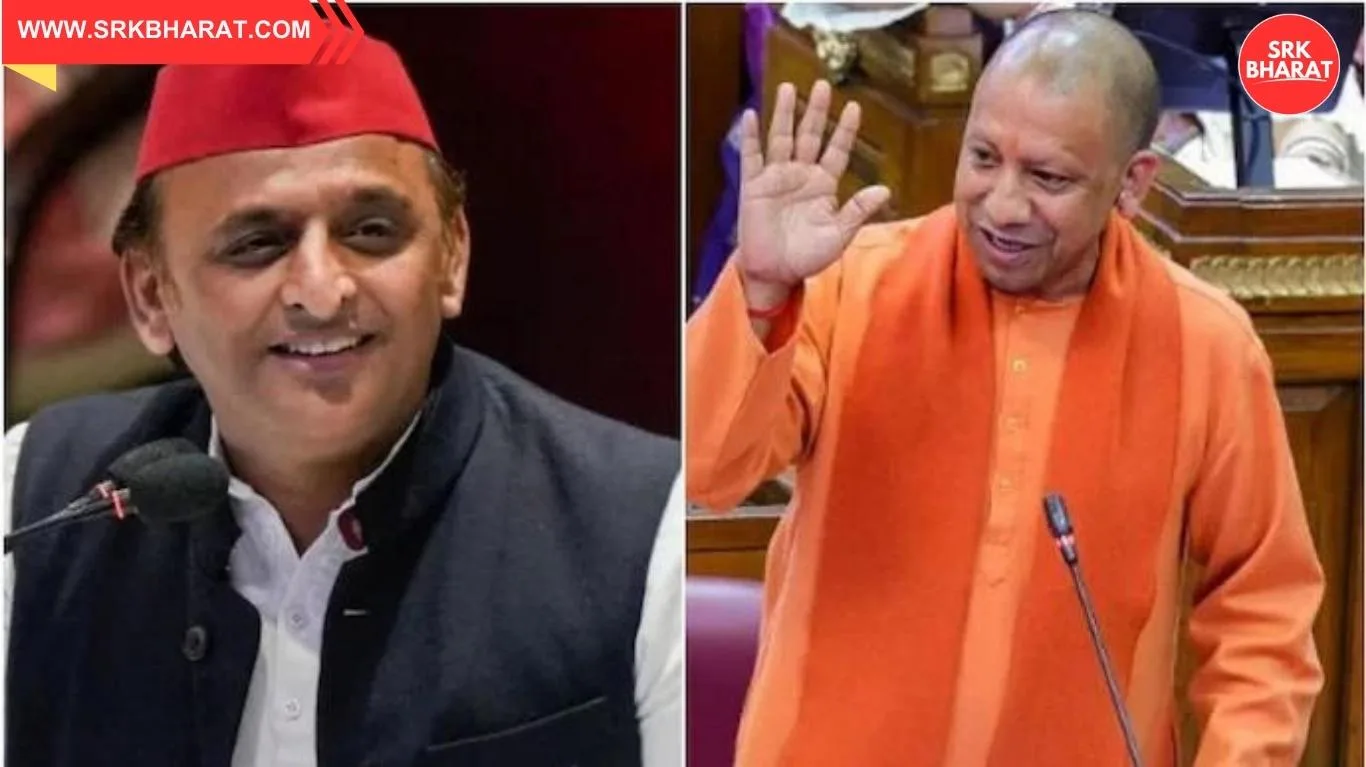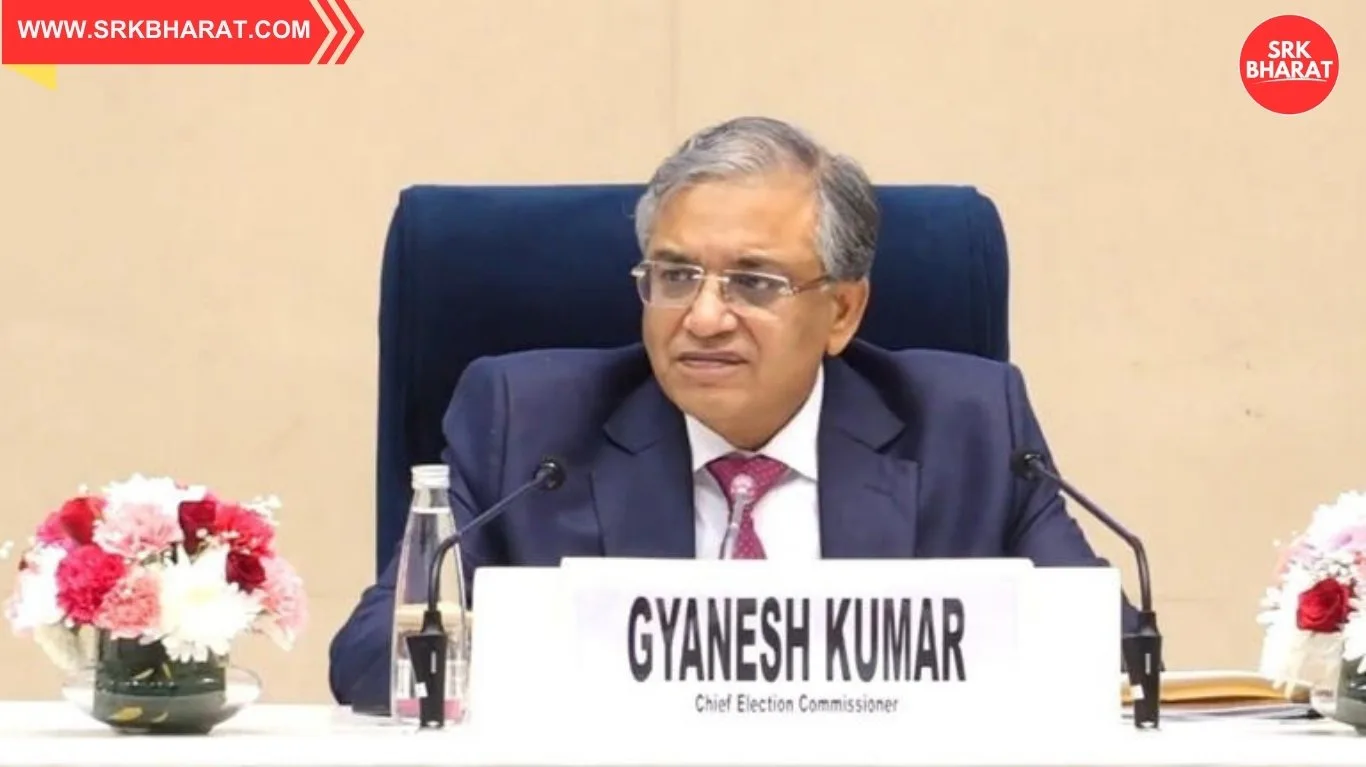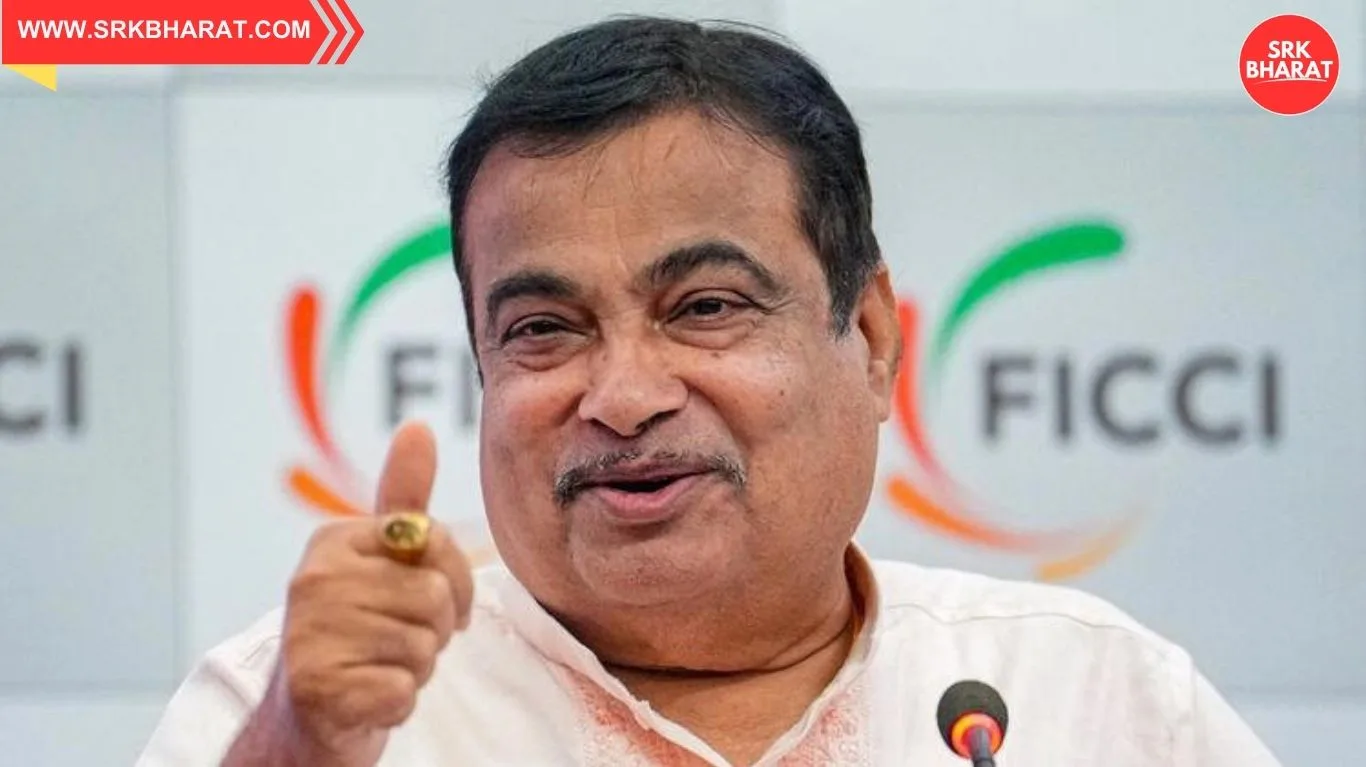In a significant move to accelerate the infrastructure and civic modernization of India’s national capital, the central government has approved a fresh financial allocation of ₹821 crore for Delhi under the PM Gati Shakti initiative and other urban development programs. The objective is to transform Delhi into a ‘developed capital’ in line with Prime Minister Narendra Modi’s broader vision of a ‘Viksit Bharat’ by 2047. The financial support is aimed at boosting urban mobility, water and sewerage systems, housing for the underprivileged, and smart governance.
This decision, cleared by the Union Cabinet chaired by Prime Minister Narendra Modi, is expected to play a transformative role in reshaping the city’s infrastructure and ensuring holistic, equitable, and sustainable development across its various districts.
A Major Step Towards “Viksit Delhi”
Delhi, being one of the most densely populated and economically significant cities in India, often grapples with infrastructure bottlenecks, traffic congestion, unplanned urban sprawl, and unequal access to basic services. The fresh allocation of ₹821 crore is intended to fast-track projects that address these challenges while aligning with the national capital’s aspirations to become a world-class metropolis.
Speaking about the development, a senior official from the Ministry of Housing and Urban Affairs said, “Delhi cannot lag behind when India is aiming to become a $5 trillion economy. This funding is part of the Centre’s commitment to building an inclusive, efficient, and future-ready capital.”
Breakdown of ₹821 Crore Funding Allocation
The ₹821 crore package is to be deployed across multiple sectors with priority given to high-impact, high-visibility urban renewal projects.
| Sector | Allocation (₹ Crore) | Purpose |
|---|---|---|
| Urban Mobility | 240 | Metro expansion, electric buses, signal synchronization |
| Smart Governance | 120 | IT-based citizen services, e-governance, surveillance networks |
| Water Supply & Sewerage | 160 | Pipeline rehabilitation, wastewater treatment plants |
| Housing and Urban Poverty Alleviation | 130 | Affordable housing schemes, slum redevelopment |
| Green Spaces & Environmental Projects | 81 | Urban forestation, park rejuvenation, green energy implementation |
| Civic Amenities | 90 | Road repair, public toilets, solid waste management |
Focus Areas of Transformation
The newly sanctioned amount will be used to revitalize Delhi’s core infrastructure in a phased manner, with clear deliverables under the following key initiatives:
1. Metro and Public Transport Expansion
- Funds will support the Delhi Metro Phase-IV network expansion.
- Introduction of 500 new electric buses under Delhi Transport Corporation (DTC).
- Upgrades to last-mile connectivity infrastructure such as pedestrian bridges, feeder services, and cycle lanes.
2. Affordable Housing Push
- Construction of over 12,000 affordable housing units under PMAY-Urban.
- Upgradation of 65 existing slum clusters with basic amenities like potable water, sewage, and electricity.
3. Smart Urban Governance
- Development of a centralized “Smart Command and Control Centre” for real-time monitoring of city utilities and public safety.
- Implementation of AI-based traffic control to reduce gridlocks in congestion hotspots.
4. Clean Delhi Initiative
- Expansion of mechanized street cleaning operations.
- Modernization of solid waste treatment centers and segregation facilities.
- Creation of “zero-waste” zones in pilot wards.
PM Gati Shakti Master Plan Integration
The central government has clarified that the ₹821 crore will also support integration with the PM Gati Shakti National Master Plan, ensuring coordinated planning across transport, logistics, and urban development sectors.
This implies that metro rail projects will align with road planning, logistics parks, and waste-to-energy centers. Inter-agency cooperation will be emphasized through a digital coordination platform to monitor project progress.
Boost to Local Employment and Economy
The infrastructure projects funded under this package are projected to generate over 45,000 direct and indirect jobs. Sectors such as construction, transportation, logistics, and sanitation services are expected to see a significant uptick in manpower demand.
Moreover, local economies in underserved neighborhoods are expected to gain from new housing, better road access, and water infrastructure improvements.
Timeline and Implementation Strategy
The implementation of this mega urban renewal package is slated to be completed over the next two fiscal years. Ministries and local authorities have been tasked to submit monthly progress reports, and a high-powered monitoring committee under the Ministry of Housing and Urban Affairs will oversee fund utilization.
| Phase | Timeline | Major Milestones |
|---|---|---|
| Phase I | August 2025 – March 2026 | Start of metro work, electric bus deployment, housing construction |
| Phase II | April 2026 – March 2027 | Completion of sewerage, smart command centre, green projects |
Political and Administrative Reactions
Delhi Lieutenant Governor V.K. Saxena welcomed the Centre’s decision and stated, “This allocation reaffirms the Centre’s unwavering commitment to Delhi’s transformation. We are ready to implement projects with utmost transparency and urgency.”
However, the Delhi government led by Chief Minister Arvind Kejriwal responded cautiously, asserting that while the funds are welcome, the Centre should allow more coordination with elected representatives for effective implementation.
This underlines the ongoing administrative friction between the Centre-appointed LG and the elected AAP government, which may influence the execution of certain infrastructure plans.
Expert Reactions
Urban planners and economists have praised the move but also emphasized the importance of inclusive planning and citizen participation.
Dr. Ramesh Chand, urban economist at NIUA, remarked, “Large investments are necessary, but their impact will depend on execution quality, community engagement, and maintenance frameworks. Delhi must avoid the trap of one-time beautification and instead focus on resilient systems.”
Challenges Ahead
While the approval of ₹821 crore is a positive development, several challenges remain:
- Land acquisition delays, especially in unauthorised colonies and dense urban settlements.
- Inter-agency coordination gaps that often stall large projects.
- Pollution and environmental clearance issues for infrastructure near ecologically sensitive zones.
- Political tussles between Centre and state which may impact timely execution.
Despite these, experts argue that strong project management, public feedback loops, and digital transparency tools can ensure that the funds deliver real impact.
Conclusion
The Centre’s decision to release ₹821 crore for Delhi’s infrastructure overhaul marks a strong push towards making the national capital a developed, livable, and future-ready city. With an emphasis on sustainability, mobility, housing, and smart governance, this initiative is poised to create a visible transformation over the next two years. If implemented efficiently, it could serve as a template for urban revitalization across other Indian cities striving toward developed city status.
Disclaimer: This report is based on information shared in official briefings and expert opinions. It is intended for general informational purposes only. Readers are advised to consult government portals and notifications for specific project details and official updates.












организация онлайн трансляции конференции zakazat-onlayn-translyaciyu5.ru .
топ агентств россии http://www.luchshie-digital-agencstva.ru .
торкретирование стен цена http://torkretirovanie-1.ru/ .
1xbet giri?i 1xbet giri?i .
торкрет бетон цена торкрет бетон цена .
автоматические рулонные шторы на створку avtomaticheskie-rulonnye-shtory1.ru .
стоимость рулонных штор стоимость рулонных штор .
рулонные шторы с электроприводом рулонные шторы с электроприводом .
электрические рулонные шторы купить москва http://www.rulonnye-shtory-s-elektroprivodom7.ru/ .
1xbet ?ye ol http://www.1xbet-giris-4.com/ .
заказать анализ сайта заказать анализ сайта .
маркетинговый блог statyi-o-marketinge7.ru .
перепланировка в нежилом помещении перепланировка в нежилом помещении .
valor casino скачать https://valorslots.com .
beep beep casino https://beepbeepcasino-online.com .
puerto valor casino puerto valor casino .
sure win login https://www.surewin-online.com .
1 x bet 1xbet-7.com .
beep beep casino site http://beepbeepcasino-online.com/ .
sure win online http://www.surewin-online.com .
кухни от производителя спб http://www.kuhni-spb-10.ru .
goliath casino canada https://goliath-casino.com .
школа seo http://www.kursy-seo-12.ru .
топ бюро переводов в Мск teletype.in/@alexd78/iF-xjHhC3iA .
it переводчик в москве telegra.ph/Oshibka-lokalizacii-pochemu-vash-IT-produkt-ne-ponimayut-za-granicej-11-09 .
it переводчик заказать telegra.ph/Oshibka-lokalizacii-pochemu-vash-IT-produkt-ne-ponimayut-za-granicej-11-09 .
электрокарниз http://www.elektrokarniz2.ru .
электрокарнизы купить в москве электрокарнизы купить в москве .
melbet site http://www.v-bux.ru .
чикен роад играть http://kurica2.ru .
курсовые работы заказать kupit-kursovuyu-6.ru .
стоимость написания курсовой работы на заказ kupit-kursovuyu-8.ru .
сайт заказать курсовую работу сайт заказать курсовую работу .
aviator game aviator game .
udan game http://aviator-game-deposit.com .
рейтинг компаний по ремонту квартир в москве рейтинг компаний по ремонту квартир в москве .
автоматическая рулонная штора https://avtomaticheskie-rulonnye-shtory11.ru/ .
mt5 download for pc http://metatrader-5-mac.com .
mt5 mac download http://metatrader-5-downloads.com .
metatrader 5 download mac https://metatrader-5-mac.com/ .
forex metatrader 5 http://metatrader-5-mac.com .
mt5 trading platform metatrader-5-downloads.com .
рулонные жалюзи купить в москве рулонные жалюзи купить в москве .
оценка ущерба при заливе квартиры оценка ущерба при заливе квартиры .
филлер ру филлер ру .
заказать курсовую работу спб https://kupit-kursovuyu-8.ru/ .
заказать курсовой проект заказать курсовой проект .
филлер цена http://www.filler-kupit.ru .
досудебная экспертиза залива досудебная экспертиза залива .
покупка курсовых работ [url=http://kupit-kursovuyu-22.ru]http://kupit-kursovuyu-22.ru[/url] .
аренда экскаватора погрузчика jcb цена [url=arenda-ekskavatora-pogruzchika-5.ru]arenda-ekskavatora-pogruzchika-5.ru[/url] .
инъекционная гидроизоляция санкт?петербург [url=https://inekczionnaya-gidroizolyacziya.ru/]inekczionnaya-gidroizolyacziya.ru[/url] .
гидроизоляция подвала изнутри цена [url=www.gidroizolyacziya-podvala-iznutri-czena.ru/]гидроизоляция подвала изнутри цена[/url] .
усиление проемов [url=http://www.usilenie-proemov2.ru]усиление проемов[/url] .
заказать задание [url=http://www.kupit-kursovuyu-21.ru]http://www.kupit-kursovuyu-21.ru[/url] .
сайт для заказа курсовых работ [url=http://www.kupit-kursovuyu-23.ru]http://www.kupit-kursovuyu-23.ru[/url] .
pin up oynalgan sayt uz pin up oynalgan sayt uz
pin up ijobiy sharhlar pin up ijobiy sharhlar
pin up ilova skachat https://pinup5011.ru
pin up kazino o‘yinlari bepul pin up kazino o‘yinlari bepul
пин ап игровые автоматы http://www.pinup5013.ru
pin up akkaunt yaratish pin up akkaunt yaratish
1win регистрация на сайте https://www.1win5522.ru